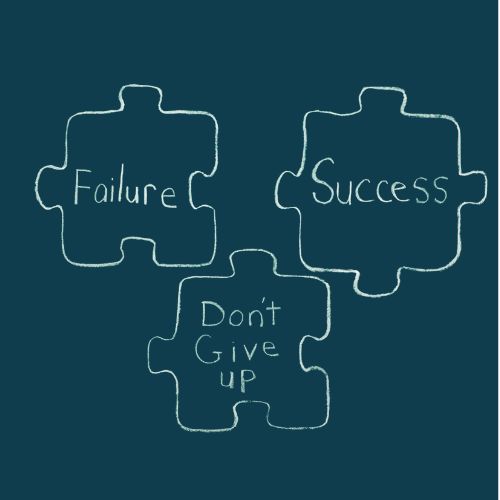
The Effect of Political Corruption: A Step-by-Step Guide
Political corruption is a global issue that undermines trust in governments, weakens institutions, and hinders development. Understanding the full impact of political corruption is essential for fostering good governance and promoting accountability. This guide explains the various effects of political corruption, breaking down the complex concept into clear and accessible language, while offering practical insights into how it affects societies, economies, and individuals.
What is Political Corruption?
Political corruption involves the abuse of power by government officials for personal gain. It can take many forms, including bribery, embezzlement, nepotism, and fraud. Corruption skews political processes, allowing private interests to dominate public ones and compromising the integrity of leadership.
Key Forms of Political Corruption:
- Bribery: Offering money or favors to influence decisions.
- Embezzlement: Misappropriating funds meant for public projects.
- Nepotism: Favoring family or friends for jobs and positions.
- Fraud: Deception in securing or misusing public resources.
Economic Consequences of Political Corruption
Corruption has a direct negative effect on the economy. It discourages investment, increases public spending inefficiencies, and widens the gap between rich and poor.
Stifled Economic Growth
Corruption deters both domestic and foreign investment. Investors are wary of unstable political environments where bribes or illegal payments are necessary to do business. This leads to slower economic growth and reduced competitiveness in the global market.
Misallocation of Public Resources
Corruption often results in the misallocation of public funds, which means critical areas such as healthcare, education, and infrastructure suffer. For instance, money that could be used to build schools or hospitals is siphoned off into private accounts.
Increased Poverty and Inequality
Political corruption disproportionately affects the poor, as they rely more heavily on public services. With resources being misused, the availability and quality of essential services decline, exacerbating poverty and inequality.
Political and Social Consequences
Beyond the economic sphere, corruption deeply erodes the political and social fabric of societies. It reduces trust in institutions, undermines democracy, and can trigger political instability.
Erosion of Trust in Government
One of the most damaging effects of political corruption is the loss of trust in government institutions. When citizens believe that leaders are self-serving rather than serving the public interest, voter apathy increases, and the legitimacy of the political system is weakened.
Undermined Democracy
Corruption distorts the democratic process by influencing elections and policy decisions. When politicians engage in corrupt practices, they are more likely to prioritize personal gains or the interests of the wealthy over the needs of the general public.
Political Instability
Countries plagued by high levels of corruption often face greater political instability. Citizens may become disillusioned with corrupt leaders, leading to protests, civil unrest, and, in extreme cases, coups or revolutions.
The Human Cost of Corruption
Corruption also takes a toll on individuals, often impacting their access to basic services and limiting opportunities for upward mobility.
Reduced Access to Quality Services
In corrupt systems, essential services such as healthcare, education, and justice are often underfunded or poorly managed. This leads to poor service delivery, where only those who can afford bribes or special favors get quality care or education, leaving many behind.
Barriers to Social Mobility
Corruption perpetuates inequality by creating barriers to social mobility. When the wealthy and well-connected can buy influence, ordinary citizens, regardless of their skills or education, have fewer opportunities to advance.
Addressing Political Corruption
Efforts to reduce political corruption require strong governance, legal frameworks, and public engagement. International cooperation and national anti-corruption agencies are also key in tackling corruption.
Strengthening Institutions
The fight against corruption starts with building strong, independent institutions. Governments should create robust legal frameworks and empower anti-corruption agencies with the resources and authority needed to investigate and prosecute corrupt officials.
Public Accountability
Public involvement is critical in the fight against corruption. Citizens can help by holding leaders accountable through elections, protests, or advocacy efforts. Transparent political processes, such as access to government spending records and public service monitoring, are essential for ensuring accountability.






